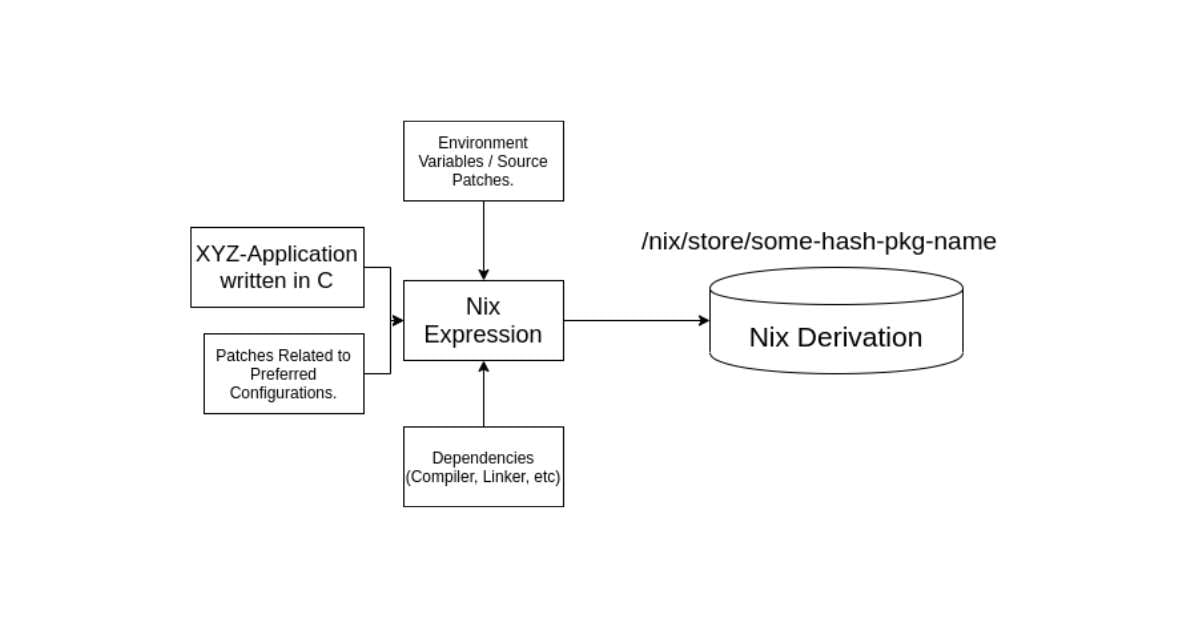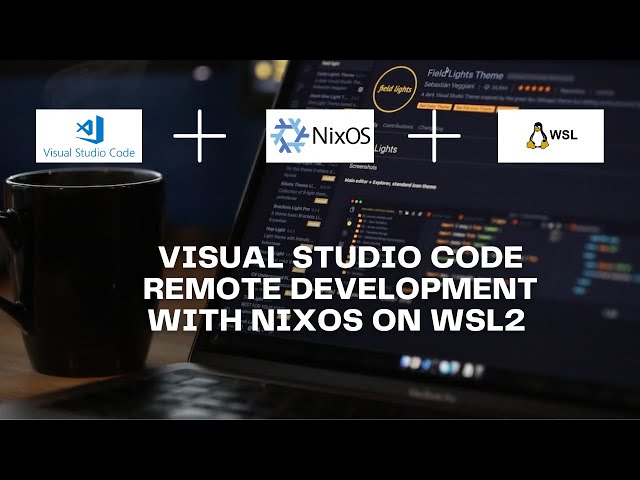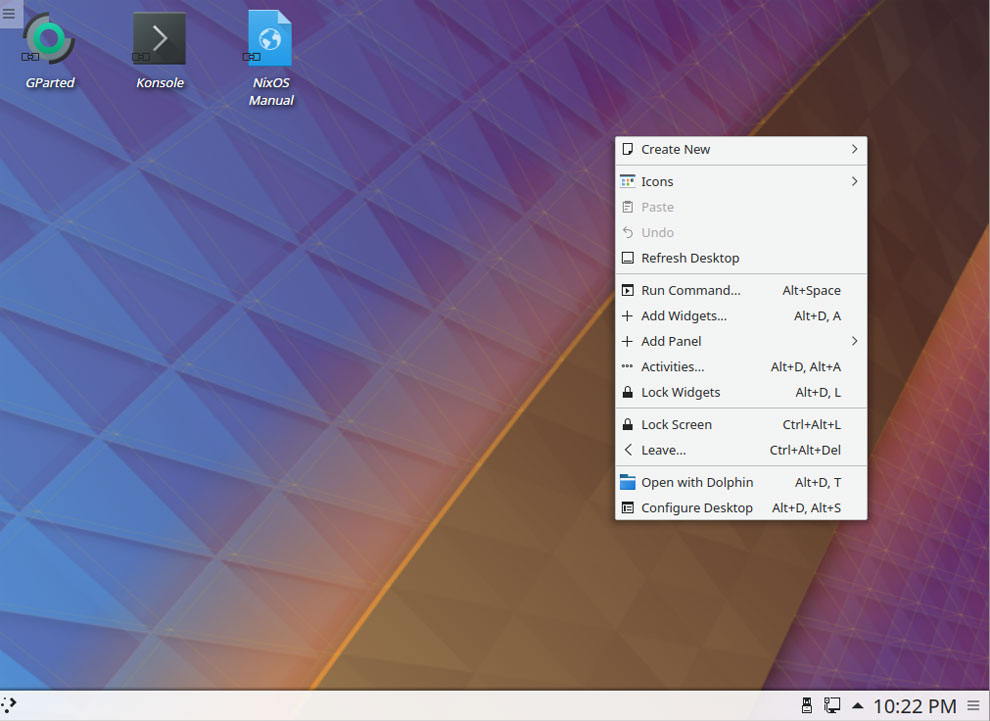
Revolutionizing Package Management: The Nix Way
In the ever-evolving landscape of software development, traditional package management systems often fall short, burdened by their complexity and inadequate dependency handling. Enter Nix, an innovative package manager that promises to change the game. Known for its unique approach, Nix offers a streamlined, reproducible, and reliable environment that not only simplifies package management but also enhances the overall development workflow.
What is Nix?
Nix is a powerful package manager that embraces the principles of functional programming. Unlike conventional package managers, which may leave behind untracked files and conflicting dependencies, Nix builds each package in isolation. This isolation protects the system from being affected by one package’s failure or updates, thereby allowing developers to maintain a stable environment even as they adopt new versions of software.
 An engaging illustration of Nix in action
An engaging illustration of Nix in action
One of the standout features of Nix is its ability to seamlessly roll back any changes. Have you ever wished to revert a faulty update? With Nix, you can easily roll back to a previous package state. This rewind capability is crucial for maintaining stability in production environments, allowing developers to implement new changes with confidence.
The Power of NixOS
Building upon the Nix package manager, NixOS takes this functionality to a whole new level. It offers an entire Linux distribution that is declaratively configured, ensuring that the entire system, down to the operating system itself, is managed through Nix. Similar to how you manage packages, system configurations are defined in a single, version-controlled file, granting you the power to reproduce your environment across different machines effortlessly.
The benefits of NixOS are manifold. For developers and system administrators, it promises a consistent and reliable platform. For organizations, it means less time spent squarely managing configuration drudgery and more time focused on delivering excellence and innovation.
Practical Applications of Nix
So, how can developers harness the power of Nix in their daily workflows? Whether it’s creating isolated development environments, managing microservices, or deploying applications, Nix facilitates a clean and reproducible setup. By using Nix, developers can define their build environments precisely, ensuring that all dependencies are handled correctly and that there are no side effects on the host system.
“Nix has fundamentally changed the way I approach software development. It allows me to experiment freely without the fear of ‘breaking’ my main system.” - A delighted developer.
This confidence enables innovation. Teams are free to explore new technologies and methodologies without the typical barriers that traditional package management imposes.
Community and Resources
The Nix community is thriving, with resources available for both newcomers and seasoned pros. Websites such as NixOS.org and various forums provide comprehensive documentation, user guides, and forums to solve issues collaboratively.
 Community events and discussions around Nix
Community events and discussions around Nix
Moreover, the combination of Nix and Docker has opened new pathways for deployment, further solidifying its utility in modern DevOps practices. As applications grow in complexity, the need for reliable, reproducible builds becomes ever more critical, making knowledge of Nix increasingly valuable.
Challenges and Considerations
However, embracing Nix is not without its challenges. The learning curve can be steep, especially for those accustomed to more conventional package managers. Transitioning to a declarative approach may require a fundamental shift in mindset.
Additionally, while Nix has a broad array of packages, it may not have everything that mainstream distributions offer, which could lead to some limitations for specific projects. Still, the trade-offs are often worth it, given the benefits of reproducibility and isolation.
Conclusion
In conclusion, Nix and NixOS represent a noteworthy shift in how we think about package management and system administration. While challenges remain, the advantages far outweigh them. As software development continues to embrace complexity, tools like Nix will undoubtedly become increasingly essential for maintaining simplicity, reliability, and speed in our workflows.
Embrace the change, and consider giving Nix a try in your next project. The future of package management is here, and it’s waiting for you to join the revolution.













